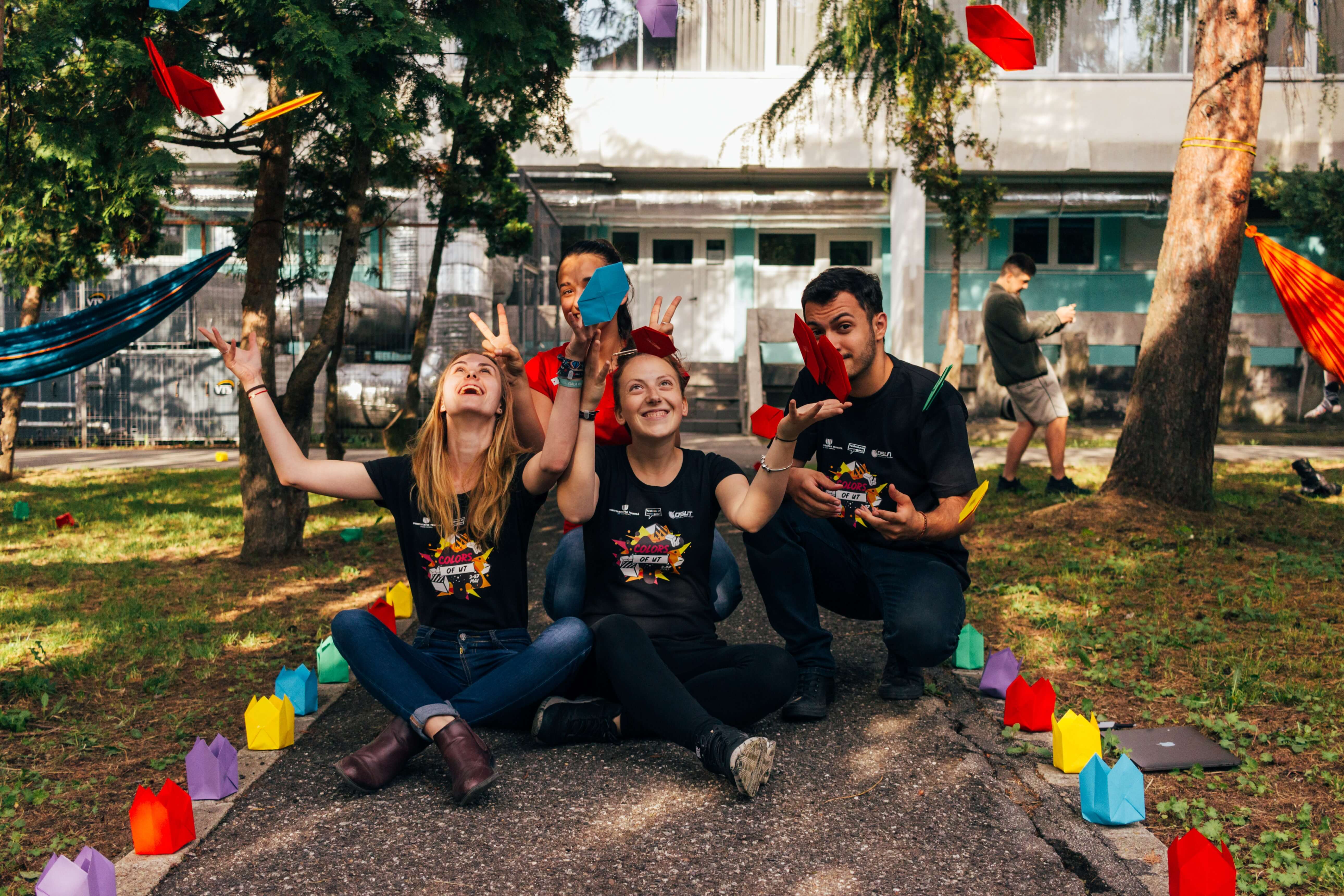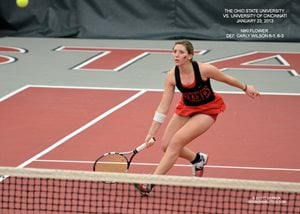The Problem with Multitasking (Updated)
"What gets measured gets managed" - Peter Drucker, father of management thinking
Because colleges use GPAs (in context) to sort through applications, many students are painfully aware of their grade average down to a hundredth of a point. Here's a secret though: colleges care very little about hundredths of a point.
Measurements are only valuable at the appropriate level of perspective. Through grades, admissions committees are trying to assess your ability to be successful at your college. Therefore, they want to understand your level of academic achievement in a broader context.
In a basketball game, finishing with a score of 104 to 103 is important. One team wins and one team loses. College admissions just isn't that kind of competition. Students should focus on earning strong grades, but colleges are looking for those of you interested in more than numbers. They care about the level of depth and substance of your intellectual and other pursuits.
Unfortunately, this can easily be misinterpreted. By thinking it is the number of advanced courses and extracurricular activities that constitute depth, students are taking on more than they can chew. Facing the prospect of serious sleep deprivation, it is logical for us to try and multitask our way through it all.
Multitasking is a Misnomer
Most of us feel we are good at multitasking, but science says otherwise. In fact, according to productivity expert, Dave Crenshaw, multitasking doesn’t even really exist. He argues that when we refer to multitasking we are actually talking about background tasking or switch tasking.
Switch tasking - attempting to do multiple attention-requiring tasks at the same time. In the 21st century, this is often related to our phones or other devices. If you are trying to study or write an essay, every time a text message or DM comes in it doesn’t feel like a big deal. We answer and keep going with our work.
Multitasking is a myth. In reality, it’s rapidly switching from one task to another, and then back again. And every time you make that switch, you pay a ‘tax’ on both your time and your energy. For that reason, it’s almost always more efficient to monotask: Focus on one thing and move on when you’re done, so you don’t pay unnecessary switching taxes.”
Measure Switch Tasking
Because it adds up to lost time, more stress and sub-optimal performance, the savviest students (and adults) work to avoid switch tasking as much as possible. It is not easy. We have been trained to receive a dopamine hit every time we get a new notification on our phone, but it can be done.
The first step is to become more conscious of the issue. Try to assess the level of switch tasking in your life and then ask yourself, what actions do I want to take (am I willing to take) to protect my own time, well-being, and ultimately, GPA?
For proof of the switching "taxes", take 5 minutes to watch this video and then
try this exercise with a friend.
5 Ways to be Productive Without Multitasking
- Timeboxing is a goal-oriented time management strategy that helps you focus and get work done quickly. When you create a timebox, you’re setting an expectation for how long a task should take. Each task should get its own timebox, to ensure you’re only focusing on that one piece of work during the timebox. Then when the timebox begins, ignore all distractions until the box is over.
- Time blocking is similar to timeboxing, but instead of assigning each task a timebox, you group similar tasks together and complete them all in a time block. With time blocking, you’re protecting your focus time from unwanted stimuli, notifications, and distractions.
- Use Do Not Disturb (or Focus Time) features to protect your focus time. This is a great way to align your attention with your intentions. If you know you need to get a project done but you frequently get distracted by notifications, use do not disturb to allow yourself to get in the flow.
- The Pomodoro Technique might be for you if interspersed breaks are motivating for you. A pomodoro is a 25-minute work session, after which there’s a five-minute break. After 4 pomodoros, you take a longer 15-minute break. To get you started, here's an online Pomodoro Timer to boost your productivity.
- Setting MITs (most important tasks) takes the idea of prioritizing to the next level. With MITs, you can clarify which tasks are most important for the day and get those done.
If you are interested in more personalized guidance on how to manage the college planning and preparation process, PCC is here for you. Get in touch with Princeton College Consulting today.




